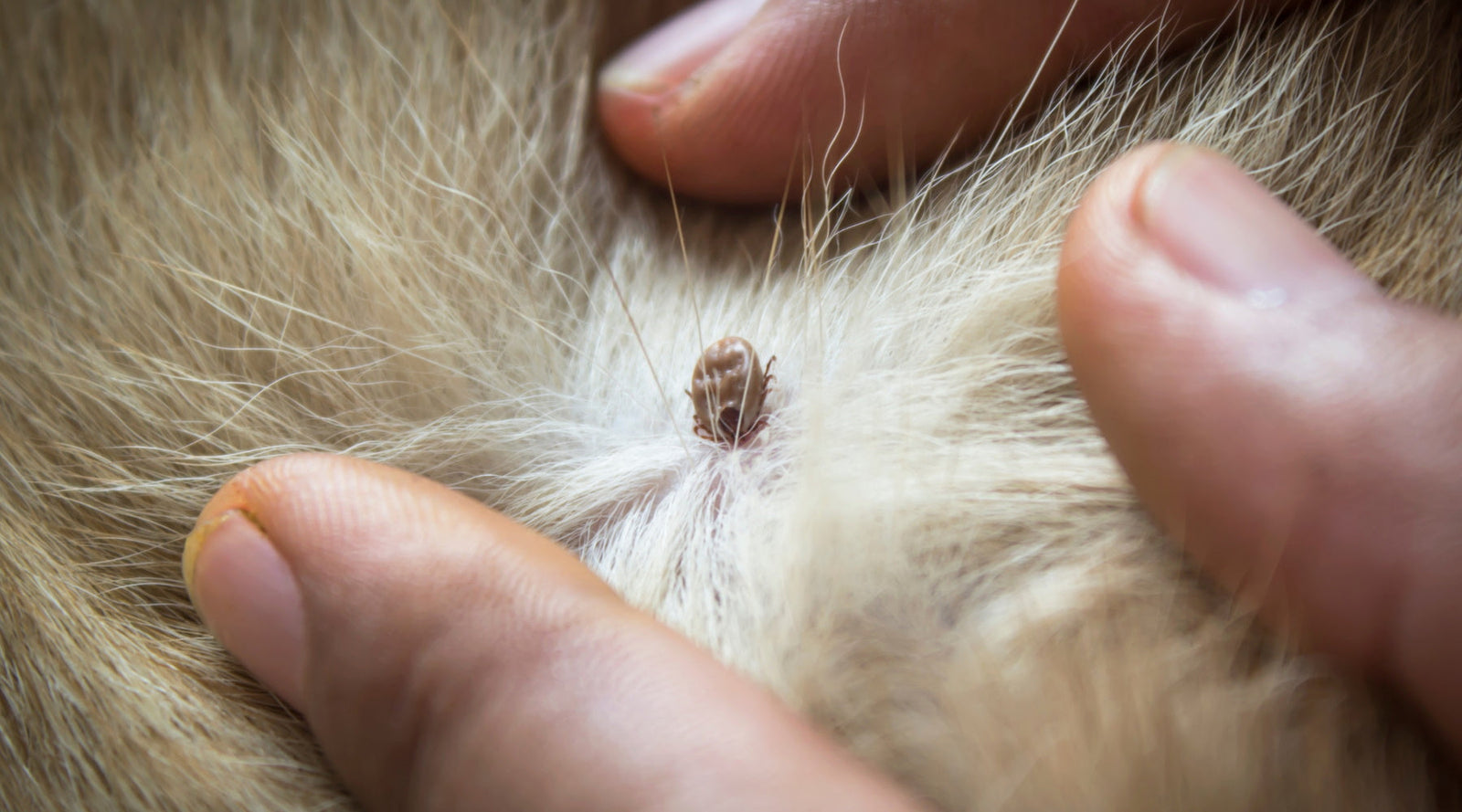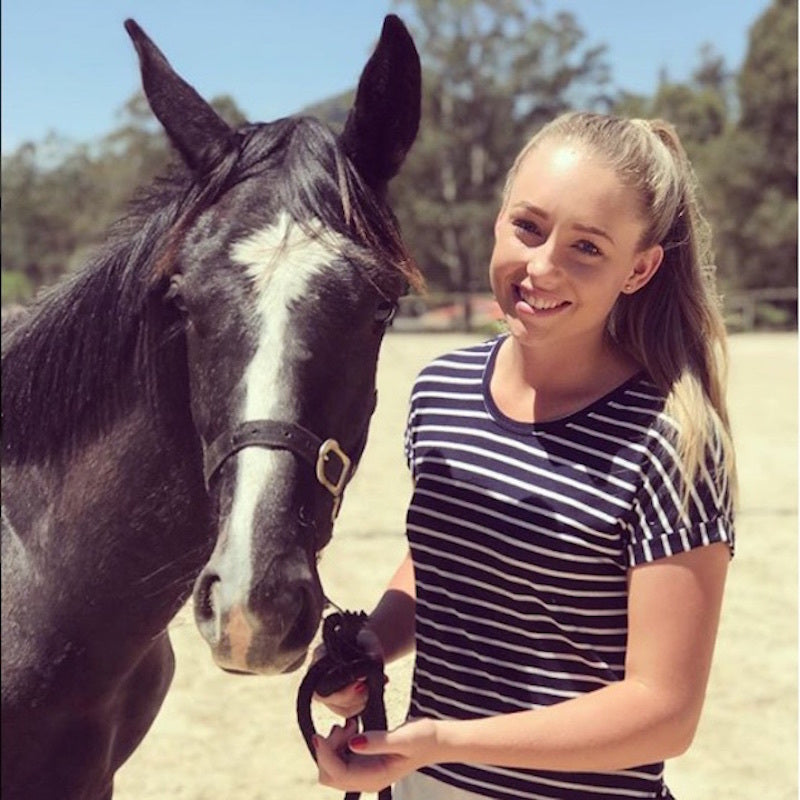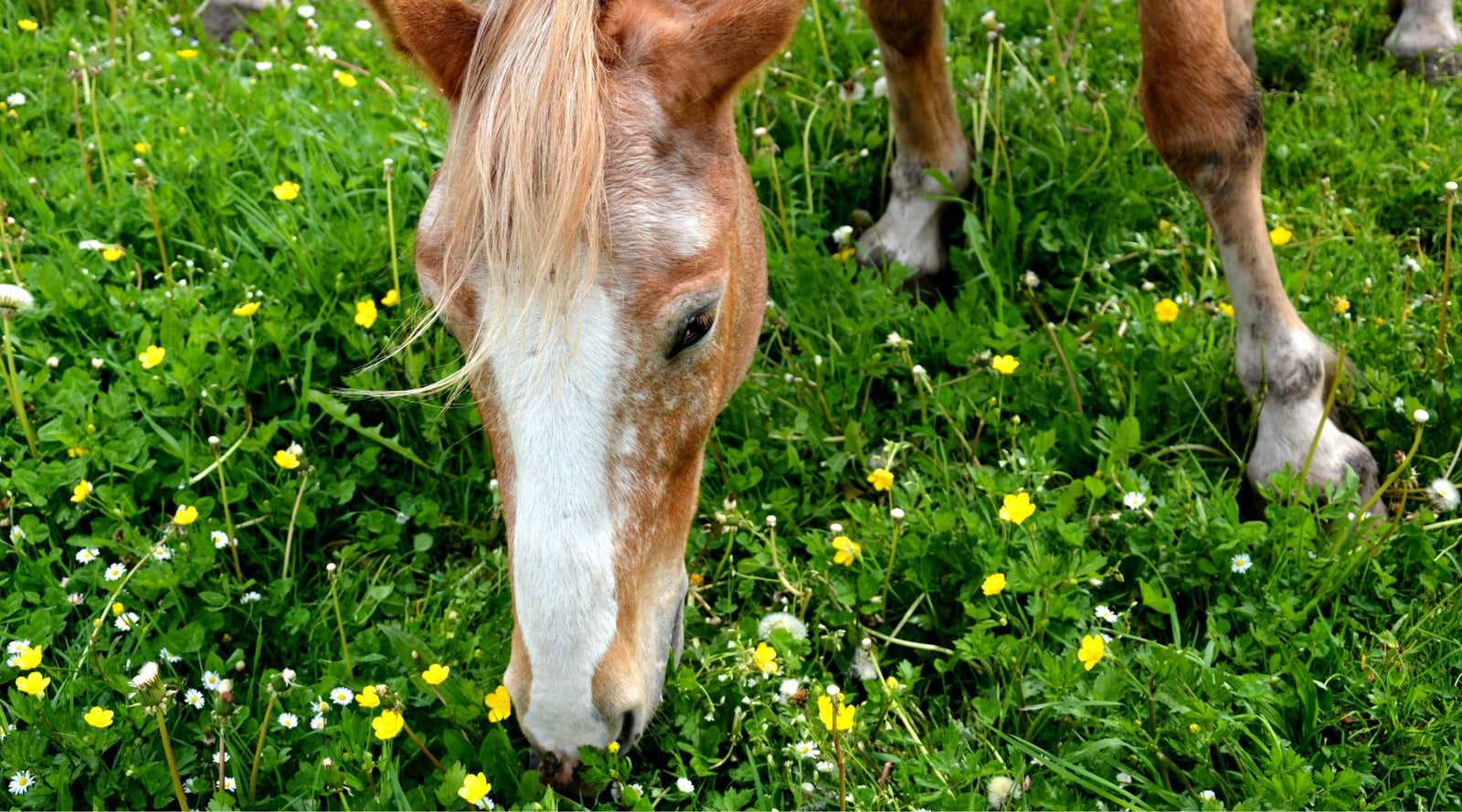Triple Hippo Rewards points are now available on all purchases made before midnight 24th February 2026.
Triple Hippo Rewards points are now available on all purchases made before midnight 24th February 2026.
Horse & Rider
Tips to Keep Horses Free From Ticks, Flies & Mosquitos
by Fiona Lane September 25, 2022

Ticks, flies and mosquitos can cause infected bites, allergies, and even stress or behavioural changes in horses. Whether you live in the humid tropics of Queensland, the coastal plains of Australia, or rural regions of New Zealand, these biting insects are an unavoidable part of horse ownership. Fortunately, there are plenty of ways to protect your horse from ticks naturally. From pasture management and daily tick checks to using a natural tick, fly and mosquito repellent, these tips will help you keep your horses healthy and comfortable through the warmer months, without the need for harsh chemicals.
Key Highlights
- Deter ticks by keeping grass short and fence lines clear: Ticks thrive in shaded, overgrown areas. Trimming grass and bushes reduces their hiding spots and exposes them to sunlight.
- Encourage natural predators: Chickens and guinea fowl are effective at controlling ticks and other insects.
- Check horses daily: Regular inspections help to spot and remove ticks early. Use a tick removal tool instead of flame or gel methods to ensure the entire tick (including the head) is removed safely.
- Use a natural repellent: choose a natural alternative like Ticks Plus – Equine, an oral tick and insect repellent that’s 100% natural and competition & racing safe (not swab-able).
Keeping your horse free from biting insects using natural methods is all about consistent pasture care, regular checks and using natural tools and protection. Read on for our top tips to manage ticks, flies and mosquitos the gentle, effective way, and to learn more about how Ticks Plus – Equine is a game changer for horse owners looking for a safe, natural solution.
Keep bushes and grass trimmed will help keep ticks at bay
Horses can acquire ticks simply by brushing past bushes or grazing in long grass. Ticks love shady areas, so keeping grass short and trimming fence lines will help keep ticks at bay by exposing them to sunlight and giving them fewer opportunities to use the long grass to attach to a horse’s leg or belly.
Introduce natural predators that will eat ticks
Chickens and guinea fowl love to eat ticks! Rural properties and barns are an ideal place to host chickens, and there’s the added bonus of free eggs. Omelettes anyone?
Check and remove ticks daily
Checking for ticks daily is important, as is the method of removing any you come across. It is essential that the tick's head does not remain embedded in your horse’s flesh, so rather than rely on miniature flame throwers (matches) or gels to make the tick let go, invest in a tick removal device such as a Tick Key. They don’t cost a lot and they ensure the whole tick – head included, is removed. To kill the ticks, put them in a jar with methylated spirits or rubbing alcohol.
Use a natural tick, flea and mosquito repellent
Keeping bloody-minded (excuse the pun) ticks away without using toxic or harsh chemicals on your horse’s skin is a challenge. Here in New Zealand our ticks are legendary, which is why we developed our game-changing oral tick repellent – Ticks Plus
It’s easy to use, stress-free, completely natural, and you only need to put a capful in your horse’s water trough every second day. It’s also very economical – a 500 litre / 100 gallon trough dosed every second day with just 25ml / 1 oz of Ticks Plus will treat an entire herd!
How does a natural repellent work?
Our product subtly changes the horse’s body odour, so the ticks are no longer attracted to them. This change in odour isn’t detectable to people – or other horses – but it is enough to confuse the tick into looking elsewhere for its dinner. Our remedy takes a week to start working, with dosing continuing via the water trough, on feed or a treat throughout the summer season.
Follow this link to find out more about how oral remedies work.
Does it work for flies and mosquitos too?
Yes! Ticks Plus can be used for any livestock, pets and even people to repel flies and mosquitos. It works well on Buffalo Flies, Stable Flies and Blow Flies but unfortunately does not work with what our American friends refer to as the B-52 Bomber - horse flies. B-52 Bombers mostly rely on visual cues rather than scent to identify hosts so we recommend those of you living in B-52 zones carry electrified fly swats or use whatever ingenious techniques you can to keep these pests at bay while we keep working on a remedy!
Is Ticks Plus safe to use?
Absolutely. Our product is not a pesticide, so it doesn’t contain any harsh chemicals that kill ticks. Instead, it works gently and naturally to confuse ticks using a change of odour. It’s also competition and racing safe so will not test positive in swab, urine or blood testing.
Final Thoughts
We think our Ticks Plus is a game changer – making management of ticks, flies, and mozzies stress-free, mess-free and super economical. Plus, we offer a money back guarantee!
Need more tips for managing summer ailments? Read our blog post for other ways manage summer ailments including our groundbreaking oral remedy for sun management
General Disclaimer: Always follow dosing instructions. Our remedies are formulated to support the natural immune system of horses, pets, livestock, and people. We do not claim to treat, medicate, or cure any health conditions. If you are worried an animal may be in pain or suffering, please contact your veterinarian.




